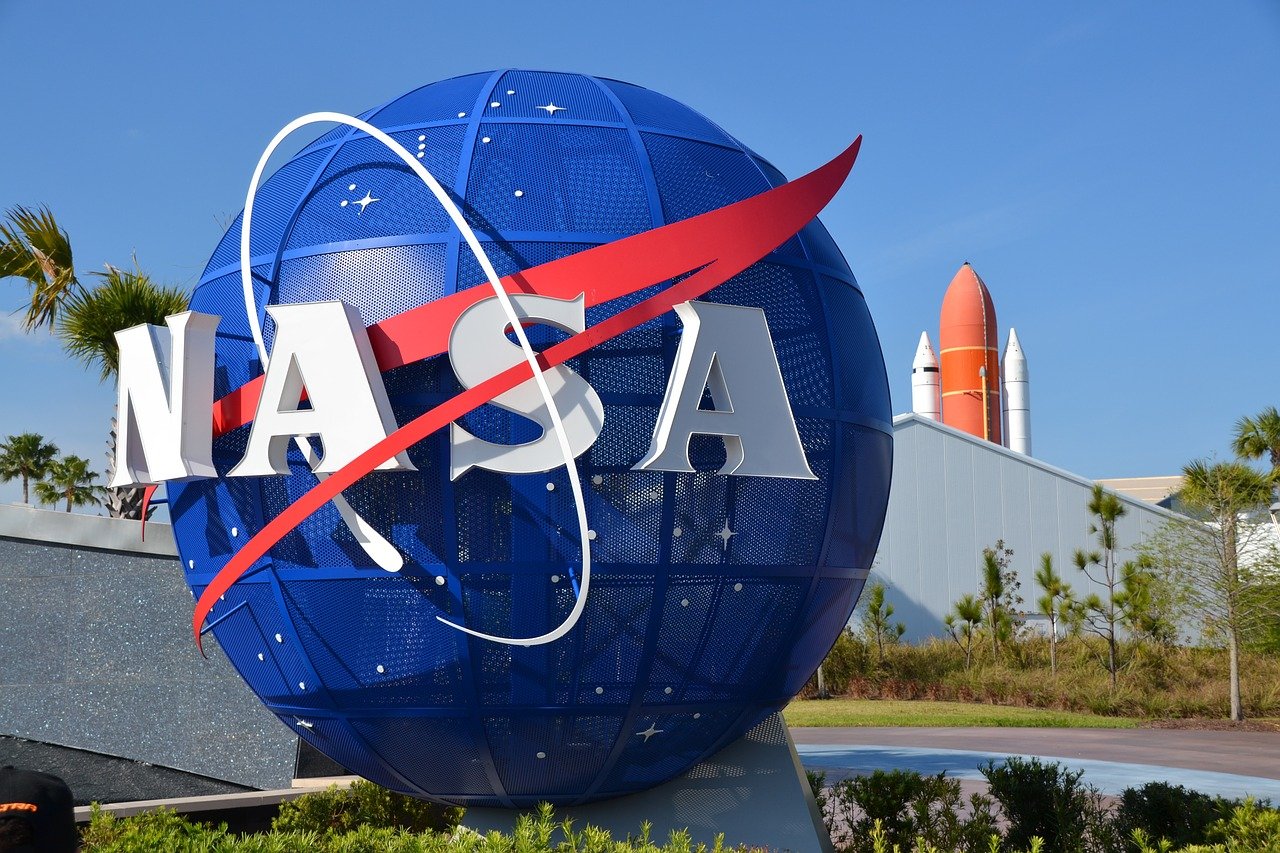சர்வதேச விண்வெளி நிலையத்தில் ரஷ்யாவின் 'நகா' என்ன செய்யும்?
Russia's brand new 'Nauka' laboratory module meant for the International Space Station(ISS) had blasted off from Baikonur cosmodrome in Kazakhstan last week aboard the Proton rocket after years of delay.
Russian scientists hope to ingrate the floating research laboratory with the ISS. Nauka is reportedly a 42-feet-long module weighing 20 tonnes. It was set to launch in 2007 but was reportedly delayed due to technical issues.
Nauka’ which in Russian means Science is Russia's most ambitious research facility in space and is fitted with an oxygen generator, robotic cargo crane, a toilet and a bed for Russian astronauts.
The Russian module will initially be used as a docking facility and for conducting experiments as the crew works in it. It will also provide astronauts with additional cargo storage space including oxygen regeneration equipment.
The high-tech research lab will be attached to the Zvezda module after it reaches ISS on Thursday. The lab will serve the Russian segment of the space station.
The space lab had spent a large amount of time grounded on Earth as Russian scientists updated its systems. The space vehicle missed a number of launch deadlines since 2007 with problems detected in its propulsion system and contaminated propellant tank.
The multipurpose laboratory has an active docking port and an airlock which will be handled by the European Robotic Arm.
It will replace the Pirs module after detaches from the ISS on Friday and burns up over the Earth's atmosphere above the Pacific Ocean.
Tamil
ரஷ்யாவின் புத்தம் புதிய 'நkaகா' ஆய்வக தொகுதி சர்வதேச விண்வெளி நிலையத்திற்கு (ஐஎஸ்எஸ்) கஜகஸ்தானில் உள்ள பைக்கோனூர் காஸ்மெட்ரோமில் இருந்து கடந்த வாரம் பல வருட தாமதத்திற்கு பிறகு புரோட்டான் ராக்கெட்டில் வெடித்தது.
மிதக்கும் ஆராய்ச்சி ஆய்வகத்தை ஐஎஸ்எஸ் உடன் இணைக்க ரஷ்ய விஞ்ஞானிகள் நம்புகின்றனர். நkaகா 42 அடி நீளமுள்ள 20 டன் எடையுள்ள தொகுதி என்று கூறப்படுகிறது. இது 2007 இல் தொடங்கப்பட்டது, ஆனால் தொழில்நுட்ப சிக்கல்கள் காரணமாக தாமதமானது என்று கூறப்படுகிறது.
ரஷ்ய மொழியில் அறிவியலான விஞ்ஞானம் விண்வெளியில் ரஷ்யாவின் மிகவும் லட்சிய ஆராய்ச்சி மையம் மற்றும் ஆக்ஸிஜன் ஜெனரேட்டர், ரோபோ சரக்கு கிரேன், ஒரு கழிப்பறை மற்றும் ரஷ்ய விண்வெளி வீரர்களுக்கு ஒரு படுக்கை பொருத்தப்பட்டுள்ளது.
ரஷ்ய தொகுதி ஆரம்பத்தில் ஒரு நறுக்குதல் வசதியாகவும், குழுவினர் அதில் வேலை செய்வதால் சோதனைகளை நடத்துவதற்கும் பயன்படுத்தப்படும். இது விண்வெளி வீரர்களுக்கு ஆக்ஸிஜன் மீளுருவாக்கம் உபகரணங்கள் உட்பட கூடுதல் சரக்கு சேமிப்பு இடத்தையும் வழங்கும்.
உயர் தொழில்நுட்ப ஆராய்ச்சி ஆய்வகம் வியாழக்கிழமை ISS ஐ அடைந்த பிறகு Zvezda தொகுதிடன் இணைக்கப்படும். இந்த ஆய்வகம் ரஷ்ய விண்வெளி நிலையத்திற்கு சேவை செய்யும்.
ரஷ்ய விஞ்ஞானிகள் அதன் அமைப்புகளைப் புதுப்பித்ததால் விண்வெளி ஆய்வகம் பூமியில் அதிக நேரம் தரைமட்டமானது. விண்வெளி வாகனம் அதன் உந்துவிசை அமைப்பு மற்றும் அசுத்தமான உந்துவிசை தொட்டியில் சிக்கல்கள் கண்டறியப்பட்டதால் 2007 முதல் பல ஏவுதல் காலக்கெடுவை இழந்தது.
பல்நோக்கு ஆய்வகத்தில் செயலில் நறுக்குதல் துறைமுகம் மற்றும் ஏர்லாக் உள்ளது, இது ஐரோப்பிய ரோபோடிக் கை மூலம் கையாளப்படும்.
இது வெள்ளிக்கிழமை ஐஎஸ்எஸ்ஸிலிருந்து பிரிந்து பசிபிக் பெருங்கடலுக்கு மேலே பூமியின் வளிமண்டலத்தில் எரிந்த பிறகு பிர்ஸ் தொகுதியை மாற்றும்.




